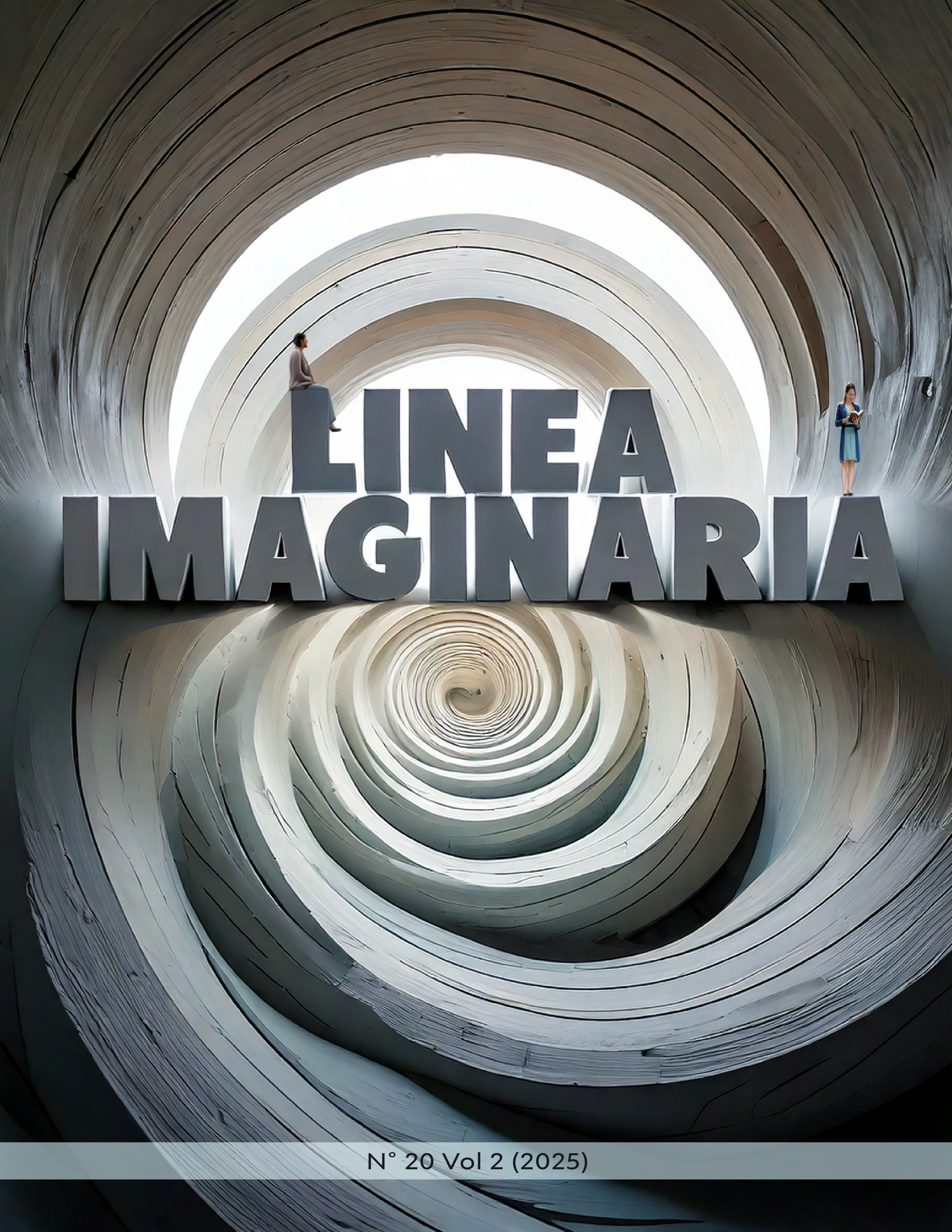DEMONSTRATION OF READINGAND WRITING COMPETENCIES BY TEACHING PROFESSIONALS
DOI:
https://doi.org/10.56219/lneaimaginaria.v2i20.3737Keywords:
skills, demonstration, writing, reading., teaching professionalsAbstract
The processes associated with school education are generally associated with the teacher's teaching work and student learning; however, little attention is paid to the competencies that teachers possess, given that the evaluation generally focuses on the students and the competencies of teachers are left aside, therefore, the purpose of this article is: to demonstrate the reading and writing competencies of teaching professionals, from the review of conceptual elements that define both processes and how These must assume aspects on which the students' performance is based. Therefore, this article assumes a methodology of a documentary nature, in which, for the treatment of information, the application of the qualitative approach is assumed, with attention to this, valuable documentary sources were selected that define the presence of reading and writing in teachers and how they apply it in reality. As a result, it is evident that teaching professionals are dedicated to instructional matters, but their performance in reality is not taken into account. In addition to this, the teacher is concerned with the development of the students' competencies, and not of their own. In conclusion, the importance of both reading and writing skills is highlighted as a means to demonstrate the intellectuality of teachers, which is why dedication of time to this matter is required to achieve adequate performance in the context, not only school, but sociocultural
Downloads
References
Cartolari, M y Carlino, P. (2011). Lectura y escritura en la formación de docentes: una revisión crítica de aportes de investigaciones anglosajonas. III Congreso Internacional de Investigación y Práctica Profesional en Psicología XVIII Jornadas de Investigación Séptimo Encuentro de Investigadores en Psicología del MERCOSUR. Facultad de Psicología - Universidad de Buenos Aires, Buenos Aires. Cassany, D. (2006). Tras las líneas: sobre la lectura contemporánea. Barcelona: Anagrama.
Castellanos, A., Díaz, A., Rocha, J., y Rocha, L. (2016). ¿Cómo leen y escriben doce docentes que enseñan a leer y a escribir en instituciones oficiales de Bogotá D.C. y Guasca, Cundinamarca? Bogotá. Universidad de la Salle.
Cavallo, G., & Chartier, R. (2011). Introducción. En G. Cavallo, & R. Chartier, Historia de la lectura (págs. 25 - 62). México: Prisa Ediciones. Chartier; A. (2004). Enseñar a leer y escribir. Una aproximación histórica. México: Fondo de Cultura Económica.
Diez, A. (2017). Nuevos retos de la comunicación y la formación de los hablantes: leer en el siglo XXI. [Con] textos, 5(20), 45-53. Dubois, M. (2005). El rol del maestro en el proceso de enseñanza-aprendizaje de la lectoescritura. El factor olvidado en la formación de los maestros. [Documento en línea]. Disponible: www.iadcd.oas./interamer/ interamer.html. Ferreiro, E. (2001). Pasado y presente de los verbos leer y escribir. México: Fondo de Cultura Económica.
Freedman, L., & Carver, C. (2007). Preservice teacher understandings of adolescent literacy development: Naive wonder to dawning realization to intellectual rigor. Journal of Adolescent & Adult Literacy, 50(8),
González, C. El comentario crítico textual: un puente entre competencia lectora y escritora. Zona próxima. no.18 Barranquilla Jan/June 2013. Documento en Línea. Disponible en: http://www.scielo.org.co/scielo.php?script=sci_ arttext&pid=S2145-94442013000100011#:~:text=La%20competencia%20 escritora%20es%20la, Cassany%2C%201999%3B%202006). Legrand, L. (1980). Didáctica y renovación pedagógica. Madrid: Narcea Pineda, L. (2004). Alumnos de quinto año leen igual que los de sexto. Ultimas Noticias
Pisa (2009). La lectura en PISA 2009. Ministerio de España.
Romo, P. (2019). La comprensión y la competencia lectora. Anales de la Universidad Central del Ecuador. Vol.1, No. 377 - (2019)
Solé, I. (2006). Estrategias de lectura. Barcelona: Graó.
Tamayo, M. (2003). Metodología de la Investigación. Perú: Limusa.
Downloads
Published
How to Cite
Issue
Section
License
Copyright (c) 2025 LÍNEA IMAGINARIA

This work is licensed under a Creative Commons Attribution-NonCommercial-ShareAlike 4.0 International License.
La revista Línea Imaginaria conserva los derechos patrimoniales (copyright) de las obras publicadas, que favorece y permite la reutilización de los mismos bajo la licencia Creative Commons Atribución-NoComercial-CompartirIgual 4.0 , por lo cual se pueden copiar, usar, difundir, transmitir y exponer públicamente, siempre que se cite la autoría y fuente original de su publicación (revista, editorial, URL y DOI de la obra), no se usen para fines comerciales u onerosos y se mencione la existencia y especificaciones de esta licencia de uso. Si remezcla, transforma o crea a partir del material, debe distribuir su contribución bajo la misma licencia del original.














